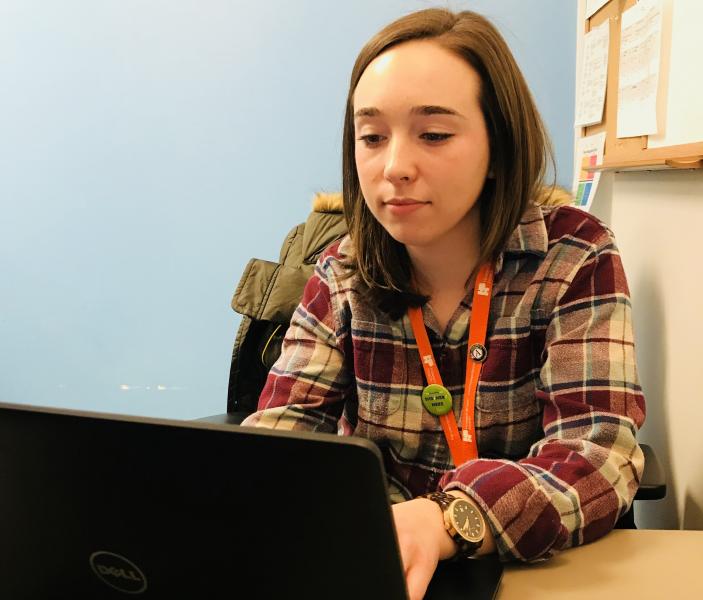Making PrEP Patient-Centered

Chicago has made a great deal of progress in reducing the incidence and prevalence of HIV. From 2006 to 2015, new HIV cases dropped by 28%. Now, there are less than 1,000 new cases each year, which is the lowest in two decades in Chicago. As Chicago and cities around the country renew their goals for the Getting to Zero campaign, PrEP (Pre-Exposure Prophylaxis) is a major part of the conversation.
PrEP is a once-a-day pill that, when taken consistently, can reduce one's chances of contracting HIV by up to 99%, making it the most effective method out there. From a public health standpoint, the math is simple. More people on PrEP equals fewer people vulnerable to HIV infection, which means fewer new cases of HIV, and gets us closer to ending the epidemic. When PrEP's role in this equation comes up at conferences, I see people's eyes twinkle at the thought of ending HIV, and rightfully so! But if PrEP is the key to ending the epidemic, why isn't it more accessible?
Whenever I meet a patient for the first time, I ask them why they are interested in or wanted to get started on PrEP. Answers vary from having HIV+ partner(s) to reducing their anxiety about HIV, to not wanting to rely on partners' honesty about their status or viral load. Some patients express that they perceive the community to be relying on PrEP and foregoing condoms. While PrEP only protects against HIV and not other STIs, it can be a great way to prioritize pleasure if condoms are not comfortable. Regardless of people's reasons for coming in to start PrEP, they often come in with reservations.
I always ask patients if they have any concerns about starting PrEP, and they almost always bring up the expense of the medication. Truvada (the only FDA-approved medication for PrEP) runs around $1,600 for a 30-day supply if paid out-of-pocket. Patients, whether insured, uninsured, or underinsured, often come in having heard about the cost of the medication and see it as a barrier to starting. Some patients are hesitant because they do not want parents or partners on their insurance to know they are taking PrEP. While PrEP may not be for everyone, cost and/or disclosure issues should not be a barrier to patients accessing PrEP and reducing their HIV vulnerability. A central part of my role is educating patients on their insurance benefits, our sliding fee scale, and the medication or copay assistance programs available to them. The process can be daunting, so I assure patients I am there to help them navigate their financial assistance needs. We like to pride ourselves on saying patients should never have to pay for PrEP here in Illinois. If PrEP is a clinically-viable option for a patient, we center the patient's choice to partake in this harm reduction strategy and make accessing PrEP as low-barrier as possible.
https://www.aidschicago.org/page/get-involved/getting-to-zero
This blog post was written by NHC Chicago 2017-18 member Theresa Rager.
Theresa is a PrEP Navigator at Howard Brown Health.